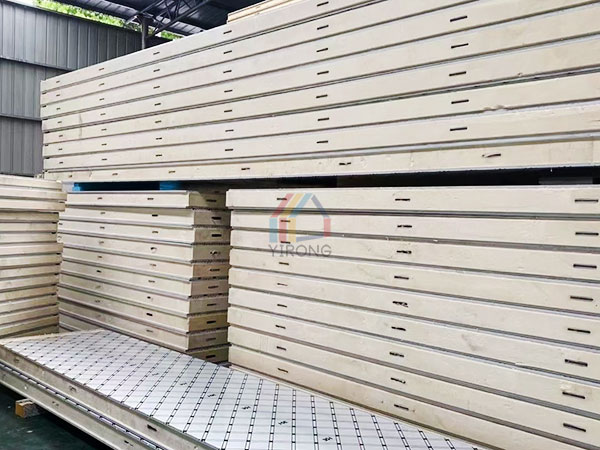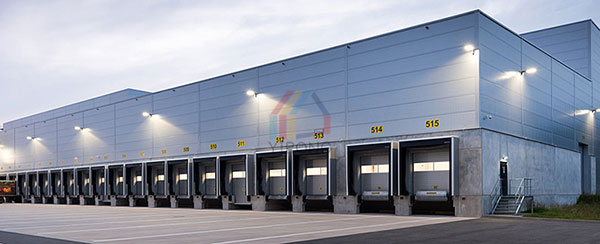Zhengzhou, Henan Province, China
Now Contact: Do you need PU/EPS/Rock Wool sandwich panels?
Zhengzhou, Henan Province, China
Now Contact: Do you need PU/EPS/Rock Wool sandwich panels?
During the construction of cold storage, choosing the right material is the key to ensuring the performance and service life of the cold storage. Among them, PU sandwich panels, as a common cold storage building material, have an important influence on the overall thermal insulation effect of the cold storage.
Basic characteristics of PU sandwich panels
PU sandwich panels, namely polyurethane sandwich panels, have been widely used in cold storage construction for their excellent thermal insulation performance and stable chemical properties. It uses two layers of fiberglass panels as panels, and fills the middle with hard polyurethane foam as the core material, and is made by high-pressure composite technology. This structure makes the PU sandwich panel have excellent thermal insulation performance, corrosion resistance, and anti-aging characteristics.

Principles for selecting the thickness of PU sandwich panels
In the construction of cold storage, the selection of the thickness of PU sandwich panels should follow the following principles:
Applicable scenarios of PU sandwich panels of different thicknesses

In the construction of cold storage, the selection of PU sandwich panel thickness needs to be comprehensively considered according to the specific situation. When choosing, it is necessary to fully consider factors such as thermal insulation performance, load-bearing capacity, and use environment, and select the appropriate thickness according to the actual situation. At the same time, it is also necessary to pay attention to the selection of products from regular manufacturers to ensure that the quality and performance of the sandwich panels meet the requirements. Through reasonable selection and use, the thermal insulation performance and service life of the cold storage can be improved, providing better protection for the storage and preservation of goods.